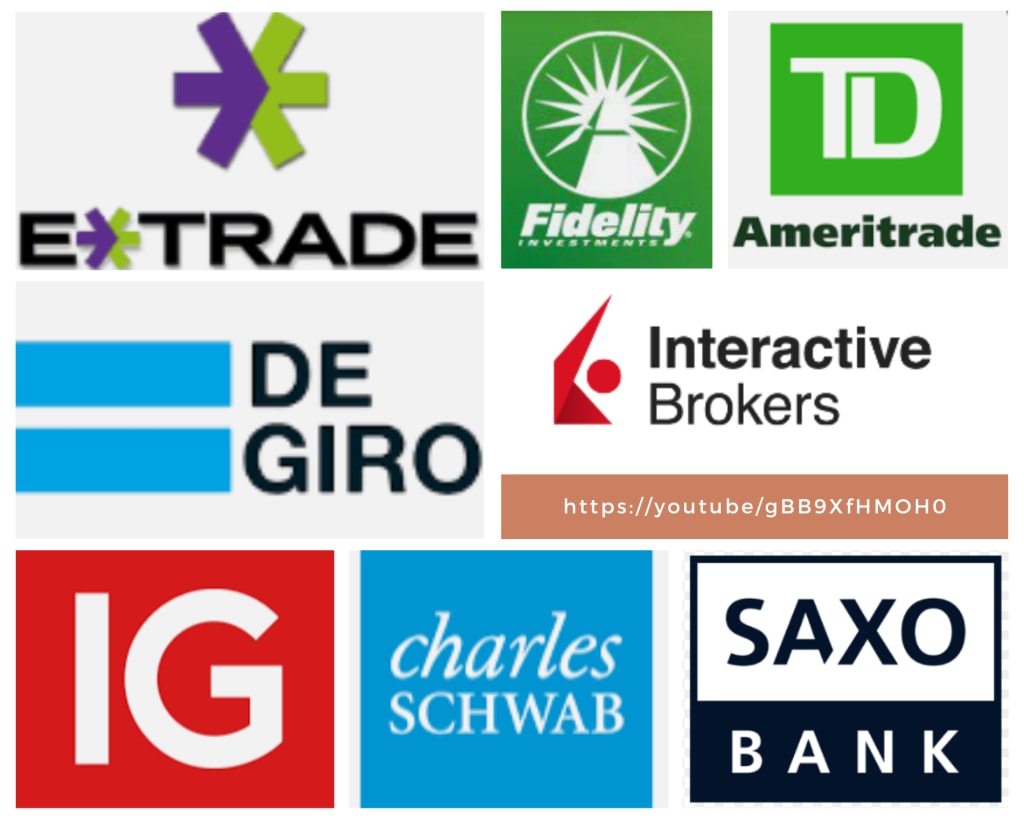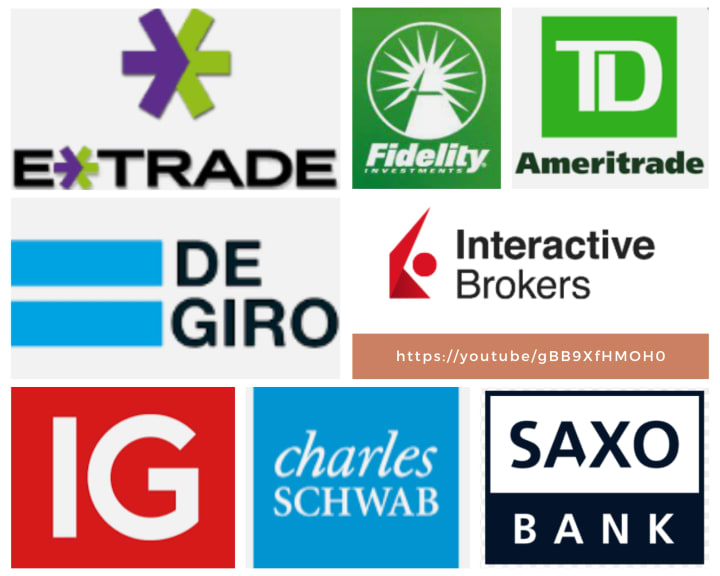How can Americans invest in the Indian stock market?
US Stock Market to Indian Market

The Indian stock market has been gaining popularity among foreign investors due to its high growth potential and stable economic performance. Americans who are interested in investing in the Indian stock market have several options available to them. In this blog, we will discuss some of the ways Americans can invest in the Indian stock market.
1. Invest in Exchange Traded Funds (ETFs) One of the easiest ways for Americans to invest in the Indian stock market is through Exchange Traded Funds (ETFs). ETFs are investment funds that trade on stock exchanges like a stock. They invest in a basket of stocks and track the performance of an index. There are several ETFs available that focus on the Indian stock market, such as iShares MSCI India ETF, WisdomTree India Earnings ETF, and Invesco India ETF.

Investing in ETFs is a relatively low-risk option as it provides diversification across multiple stocks. However, investors should do their due diligence and research the underlying companies and sectors that the ETFs invest in to ensure they align with their investment goals and risk tolerance.
2. Invest in American Depositary Receipts (ADRs) Another way for Americans to invest in the Indian stock market is through American Depositary Receipts (ADRs). ADRs are certificates issued by American banks that represent shares of foreign companies. ADRs trade on US stock exchanges and allow investors to invest in foreign companies without opening a foreign brokerage account.

Several Indian companies have ADRs that trade on US stock exchanges, such as Infosys, HDFC Bank, and Tata Motors. However, investors should note that ADRs may not necessarily track the performance of the underlying Indian stock market index.
3. Invest through a Global Brokerage Account Another option for Americans to invest in the Indian stock market is through a global brokerage account. Several brokerage firms, such as Interactive Brokers, Schwab International, and TD Ameritrade, offer global brokerage accounts that allow investors to trade in international markets.

Opening a global brokerage account may require additional paperwork and fees, but it provides investors with access to a broader range of investment options in the Indian stock market. It is essential to research the brokerage firm's fees, commissions, and account minimums before opening an account.
4. Invest in Indian Mutual Funds Indian mutual funds are another investment option for Americans interested in the Indian stock market. Mutual funds are investment funds that pool money from multiple investors and invest in a diversified portfolio of stocks and other securities. Investing in Indian mutual funds can provide Americans with exposure to the Indian stock market, but they may not be available to all investors.

The Securities and Exchange Board of India (SEBI) has allowed mutual funds registered with it to accept investments from foreign investors through the Foreign Portfolio Investment (FPI) route. Americans interested in investing in Indian mutual funds can invest through the FPI route, but they should consult a financial advisor to understand the tax implications and other regulatory requirements.
In conclusion, Americans have several options to invest in the Indian stock market, ranging from low-risk ETFs and ADRs to high-risk direct investments through a global brokerage account or Indian mutual funds. It is essential to do your due diligence and understand the risks and regulations associated with each investment option before investing in the Indian stock market. Consulting a financial advisor can help investors make informed decisions and create a diversified investment portfolio that aligns with their investment goals and risk tolerance
Please note that international brokers may have different fees, minimum balance requirements, and other criteria for accessing Indian markets. Additionally, investing in foreign markets carries some additional risks and may require compliance with different regulations. It is important to do your own research and consult with a financial advisor before investing in any foreign market.
About the Creator
Dhilip Kumar
Online Surfer





Comments
There are no comments for this story
Be the first to respond and start the conversation.